In the latest salvo of his anti-India campaign, US President Donald Trump’s sanctions on India’s Chabahar port project in Iran went into effect on Monday.
Over the past decade, India has spent over approximately $500-600 million at Chabahar to improve connectivity to Afghanistan and Central Asia. But these efforts driven by geopolitical compulsions and trade connectivity requirements are now at risk from Trump’s sanctions.
As part of the so-called maximum pressure campaign against Iran, the Trump administration on September 16 said that sanctions waiver granted to India about the Chabahar port in 2018 —that was renewed by former President Joe Biden in 2021— stood revoked.
Once the revocation of sanctions waiver would go into effect on Sept. 29, persons who operate the Chabahar port or engage in other activities described in Iran Freedom and Counter-Proliferation Act (IFCA) may expose themselves to sanctions, the Department of State said in a statement on Sept. 16.
ALSO READ: Are Trump’s Chabahar and Bagram moves about helping Pakistan?
Now that sanctions have gone into effect, Indian or foreign entities involved in the Chabahar project may struggle to find suppliers or financiers. Such a development may further worsen the India-US relationship that Trump has plunged to the lowest point in several years with his 50 per cent tariffs, undermining of India on Operation Sindoor and Kashmir, partnering with rival Pakistan and a host of jihadists in the extended neighbourhood, and spewing vitriol against India almost every other day.
Trump wants to starve Chabahar project of supplies, funds
Under the terms of US sanctions, Indian and foreign companies, including state-run India Ports Global Limited, will have 45 days to exit Chabahar or risk having any US-based assets frozen and US transactions barred, according to AFP.
Joshua Kretman of law firm Dentons told the news agency that any inclusion of an Indian firm on the sanctioned list “has the potential to create a kind of cascading effect where banks and other companies may not transact with the designated business”.
Impact Shorts
More Shorts“If that sanctioned entity operates globally, needs access to major banks or dollar clearing, there is legitimate reason for concern,” said Kretman, who previously worked on sanctions at the Department of State.
ALSO READ — Tariff tirade to Cold War: Trump risks undoing 3 decades of India-US partnership
However, such sanctions may become a self-goal as they may risk push India further towards Russia and China and into the alternative banking and financing networks cultivated by the China-Russia bloc.
Even though India previously abided by US sanctions on Iranian oil, India could now use Iran ties as “leverage in its dealings with the US, Gulf states and Israel”, according to Kadira Pethiyagoda, a geopolitical strategist.
“India may choose to wear the sanctions as part of a broader effort amongst non-Western Great Powers, including China and Russia, to reduce reliance on the US economy and decouple from Western-controlled financial networks,” Pethiyagoda told AFP.
On its part, the External Affairs Ministry told the news agency, “We are presently examining the implications that this revocation has for India.”


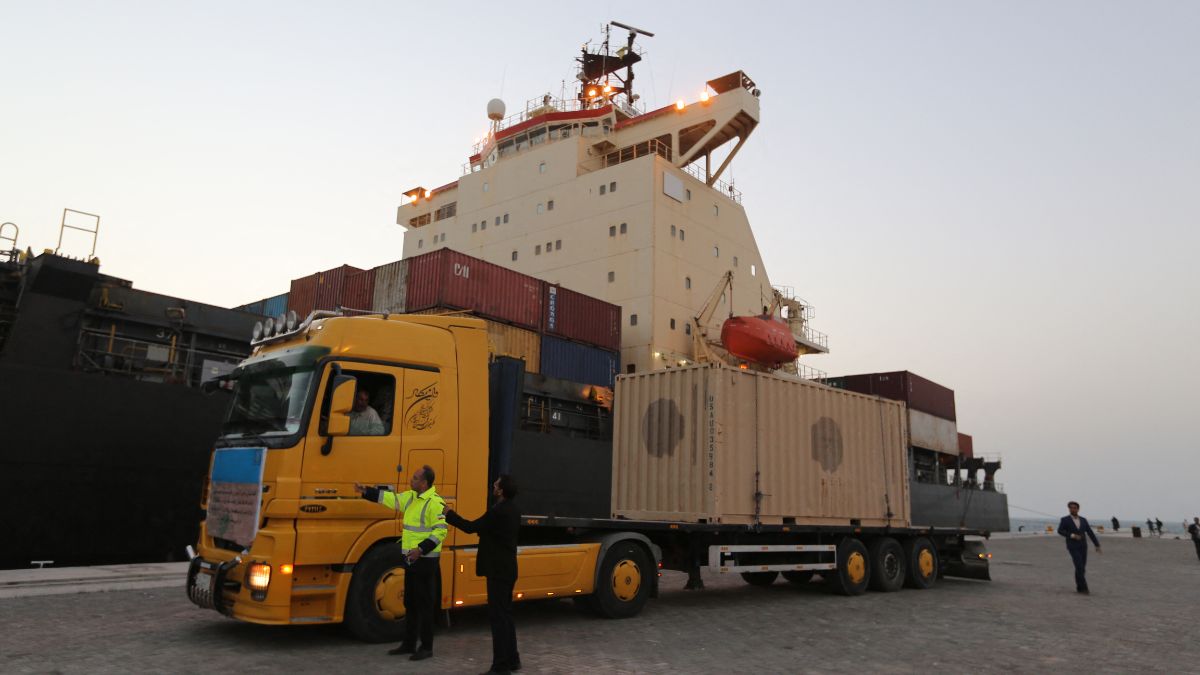)
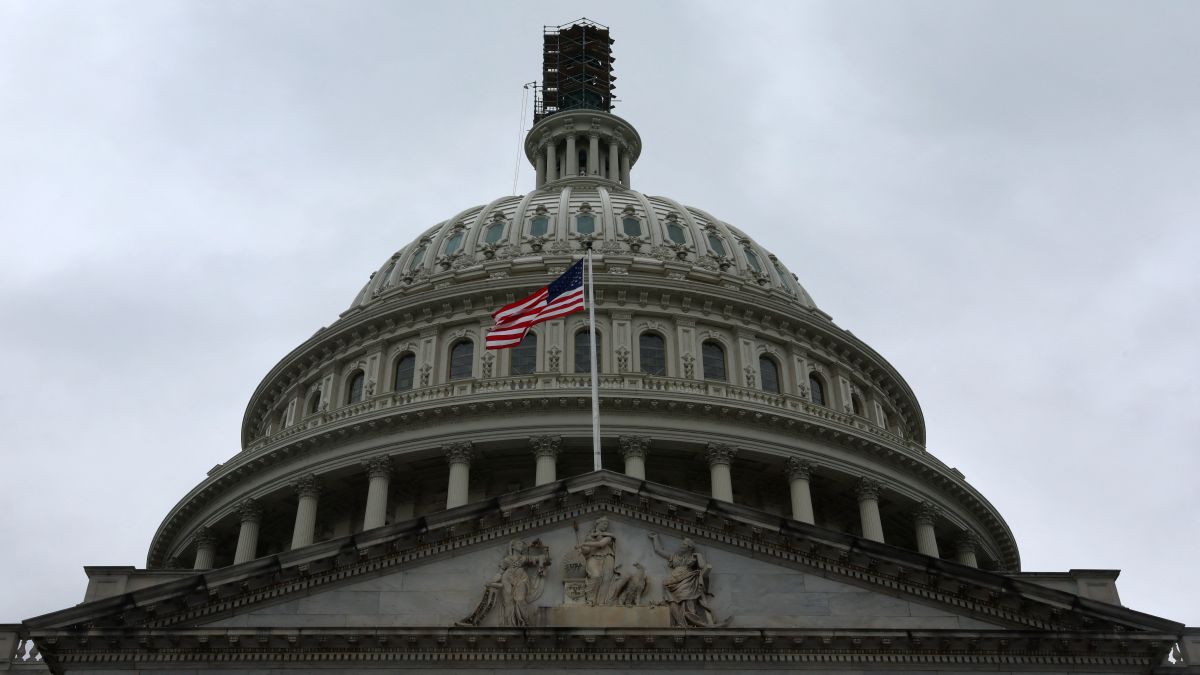
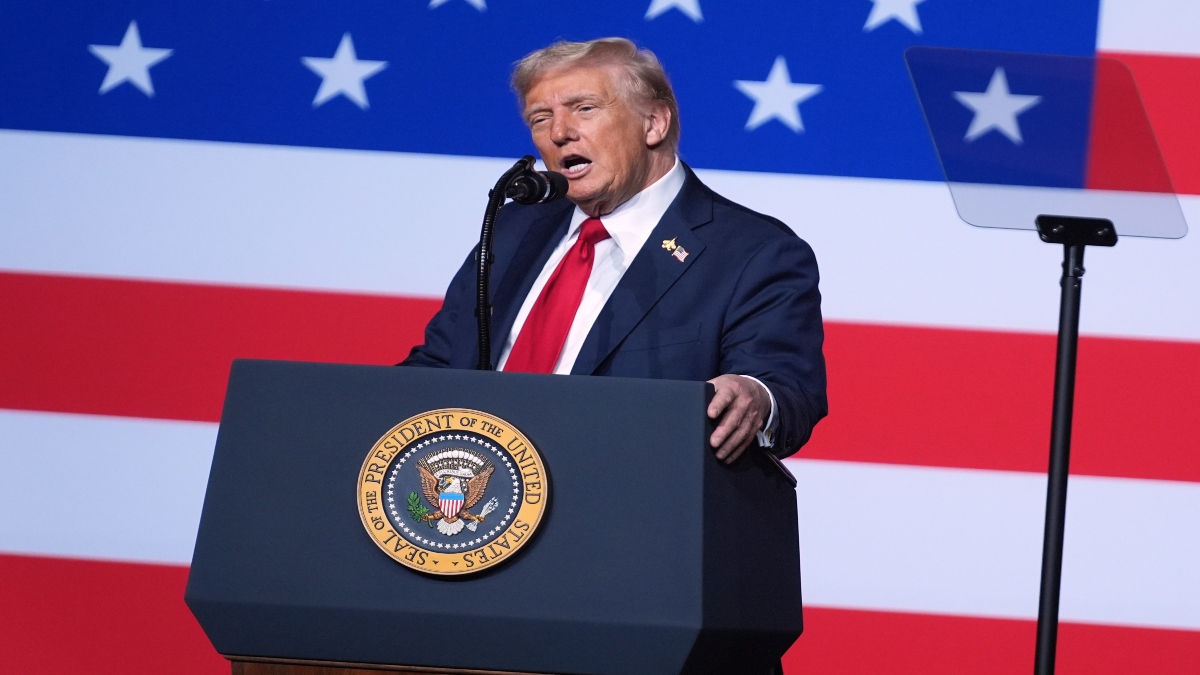)
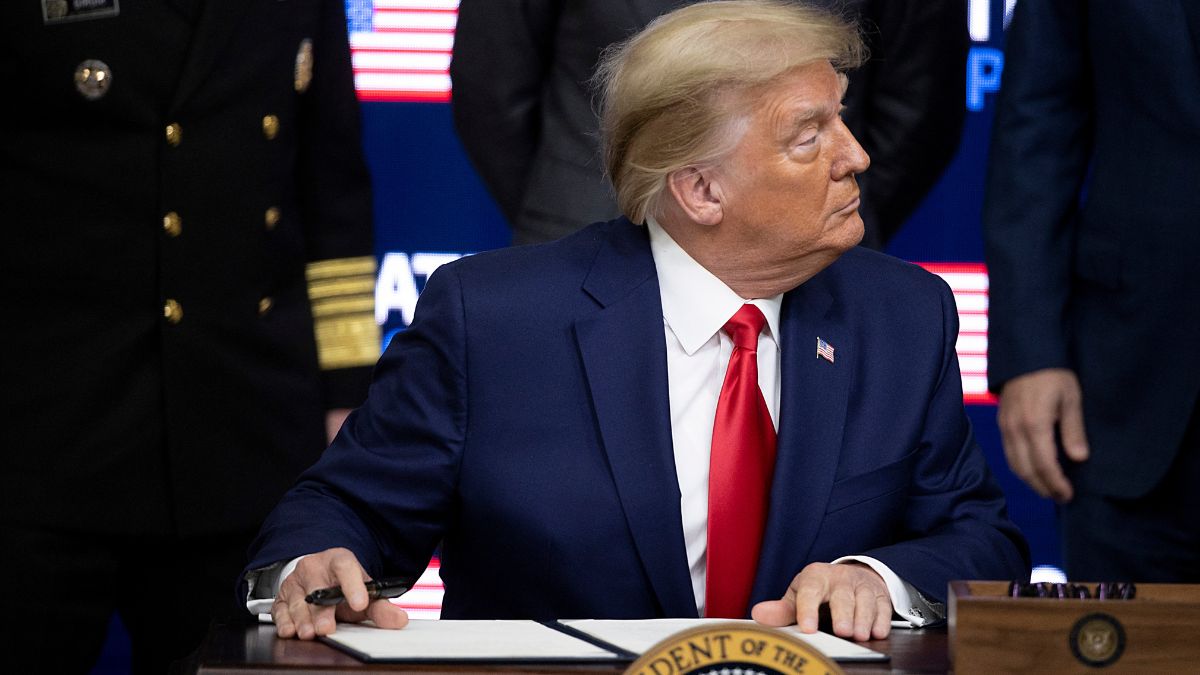)
)
)
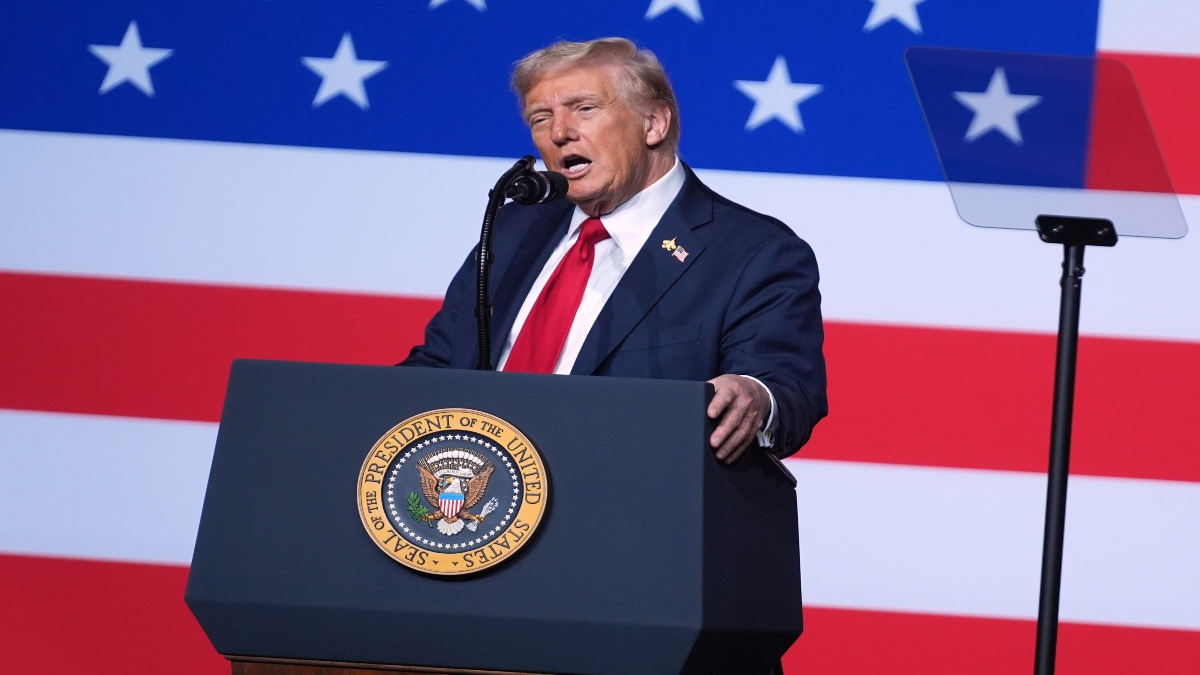)
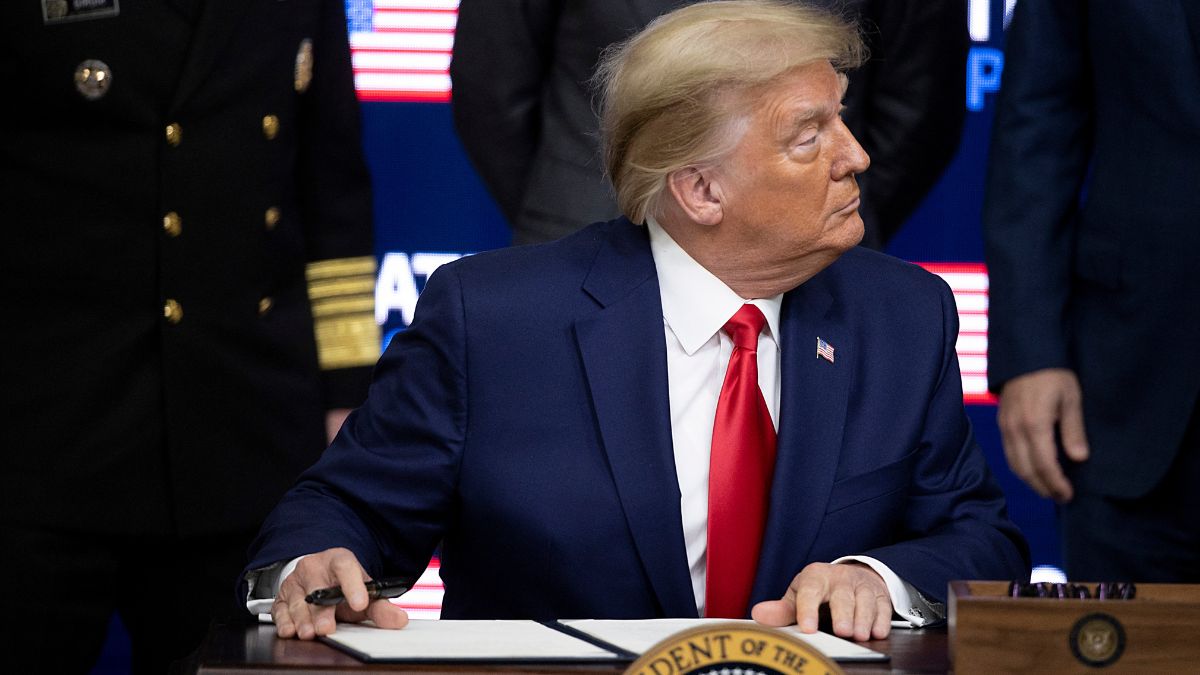)
)
)



